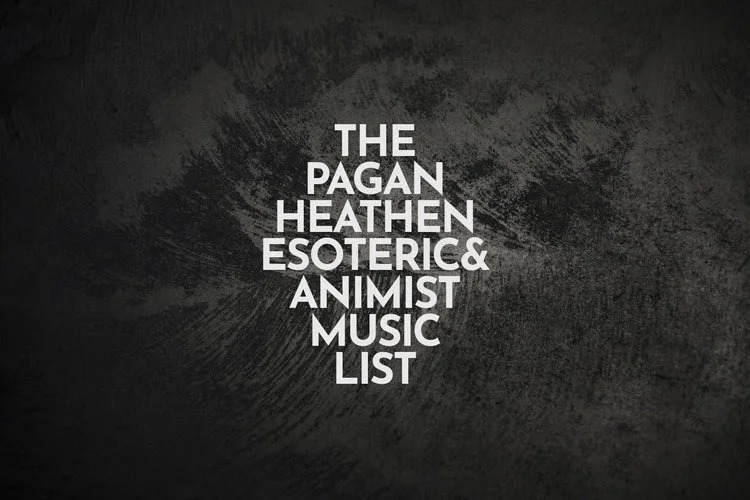Another World, October 2022
Welcome to our many new supporting members! If you have any questions about your supporters’ benefits, please email us at distro@abeautifulresistance.com.
Upcoming Courses
Asa West has confirmed for another installment of her very popular “Five Principles of Green Witchcraft” Course for the year. We’ll have more details soon. In addition, more courses from Emma Kathryn, Alley Valkyrie, and Rhyd Wildermuth will also be announced.
Upcoming Titles
The Secret of Crossings, a collection of essays from Rhyd Wildermuth, is now available for pre-order.
We’ll soon be announcing the pre-order for The White Deer, by Melinda Redinger (release date, 1 February 2023). This will also be our first publication in multiple editions, including a hardcover edition.
We’ve also signed for several new releases for 2023, which will be scheduled soon.
Interested in writing for Another World or for A Beautiful Resistance? We’d love to publish your work! Email us at rhyd@abeautifulresistance.com (for Another World) or editor@godsandradicals.org (for A Beautiful Resistance).
In this month’s Another World
The Pagan Music List 25
The twenty-fifth edition of the Pagan Music List. This edition Features music from Finvarra, Cesair, and Faey.
Adapted from a chapter of Melinda Reidinger’s upcoming book from us, The White Deer.
After a certain point, countries with rising standards of living do not always enjoy rising standards of happiness (the controversial Easterlin paradox), and when people in “developed” countries are asked how much income a person needs to be rich, the answer is usually about twice the amount that they are currently earning. Everyone compares themselves to others (this is explicitly encouraged) and measures themself against media presentations of a good, desirable lifestyle. Nearly everyone feels that they are coming up short, and many feel ashamed, as though they had failed. The idea that enough “growth” can or should accommodate everyone’s access to ever-expanding excess is underwritten by an impossible assumption of infinitely expanding finite material means. And it seems to dangle the impossible carrot of “someday, we’ll all get there” ahead of individuals and collectives, which mindlessly race after it.
The cultures of industrial societies tend to focus on material culture alien to the local environment: having enough, which means having more than most other people, means having something that costs more (to someone, somewhere) than what is easily provided for locally. While people in some countries are eating 24-karat gold-dusted piece of fried chicken while hoping it doesn’t dislodge the diamonds from their teeth before they take a selfie with the bones on their plate, the poorest are so desperate to get their next meal that they destroy their local ecosystems and poach the last endangered animals so their parts can be used for trinkets and potions…
Rhyd Wildermuth looks at the figure of the Werewolf in myth, in history, and in politics to discover the message it has to teach us.
Further back, and even up to the present elsewhere, these hybrids have been revered as shamans, mystics, and other roles of sacred leader. The wolf itself, we must remember, is one of many animals which shamans might entreat, learn from, and even become. How better to learn about our own wild nature than from beings which represent to us—accurately or not—the potential collapse of all our human efforts to tame and wall out nature?
Put another way, the Werewolf is a kind of antidote to the hubris we humans so relentlessly exhibit, all the beliefs that we can not only conquer the rest of the natural world but also the nature that composes us as well. All the grand utopian dreams of remaking human society into something that stands fully outside of the larger reality that we are also animal and also nature fall apart under the Werewolf’s feral gaze. No matter how hard we might try to extinct the wolf—and in many places almost succeeded—we cannot banish from ourselves the material reality of what we are. We can only accommodate it, make space for it, plan around it and include it our reckonings.




